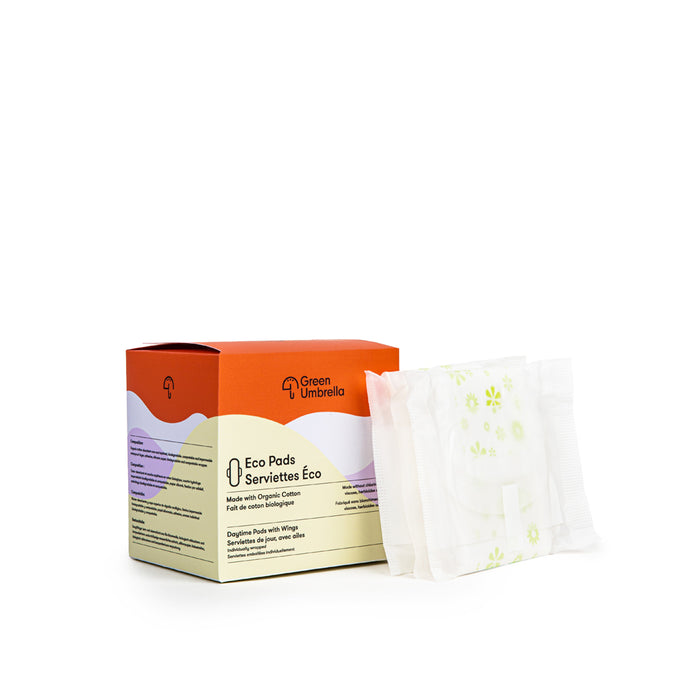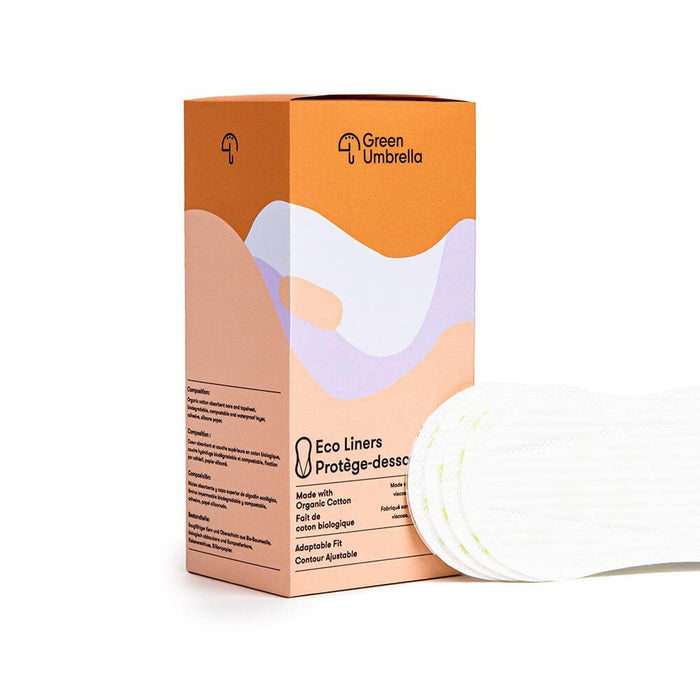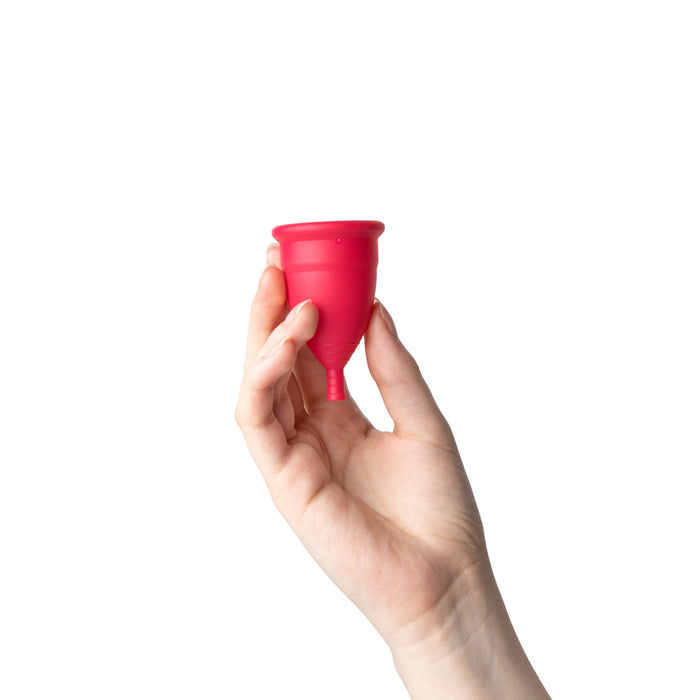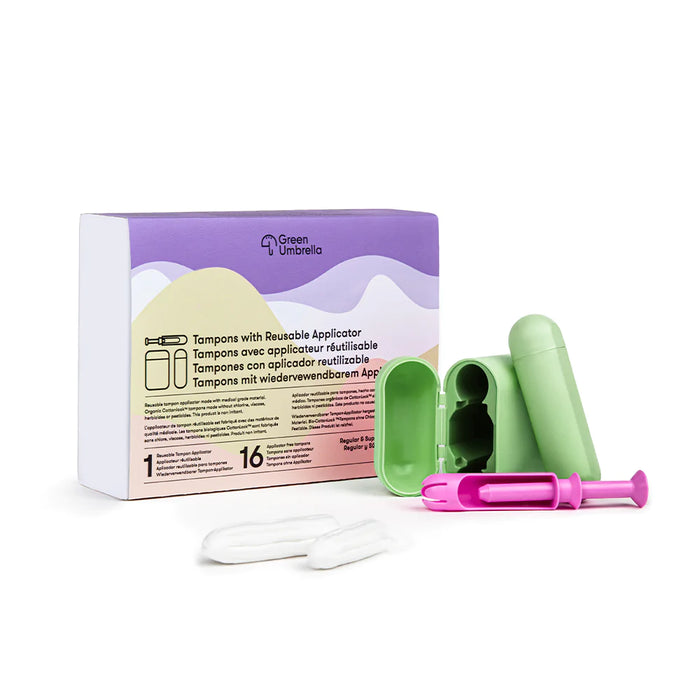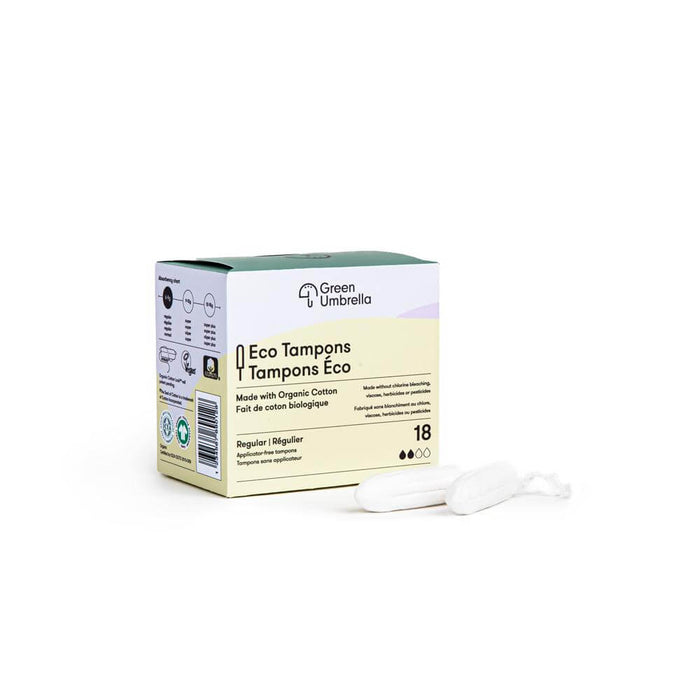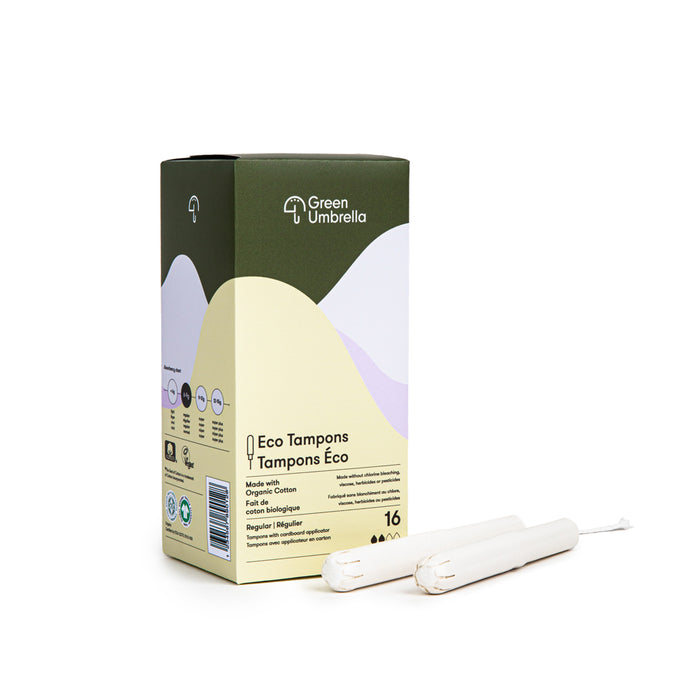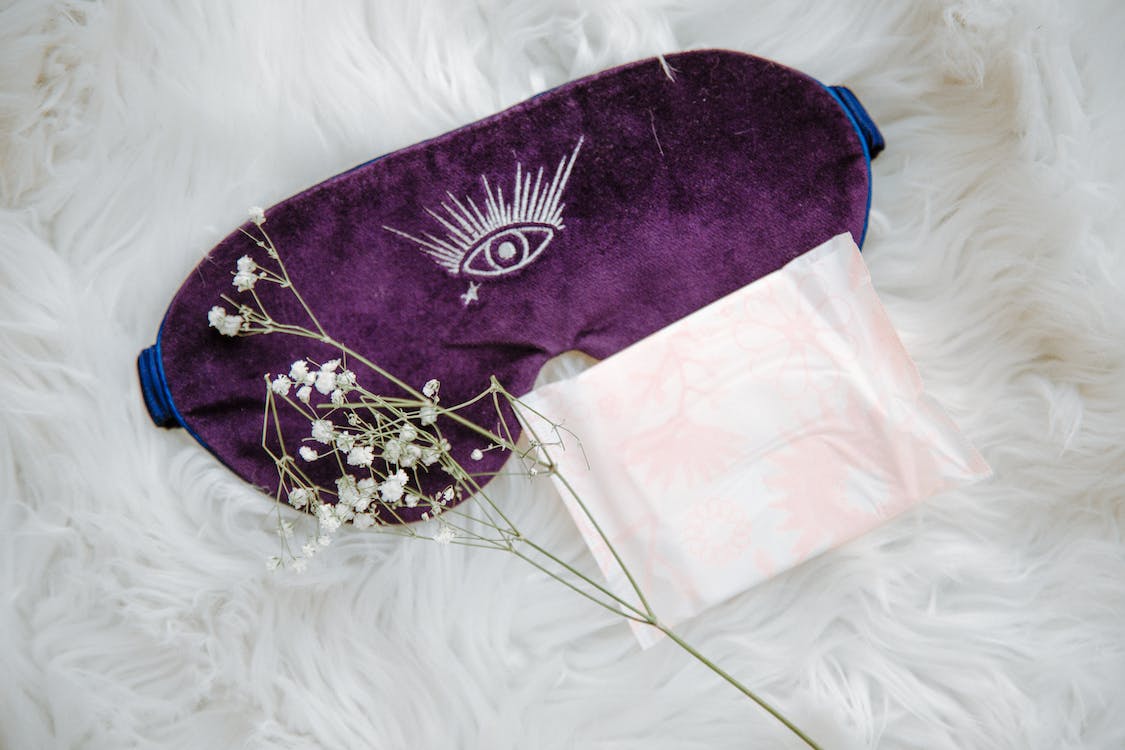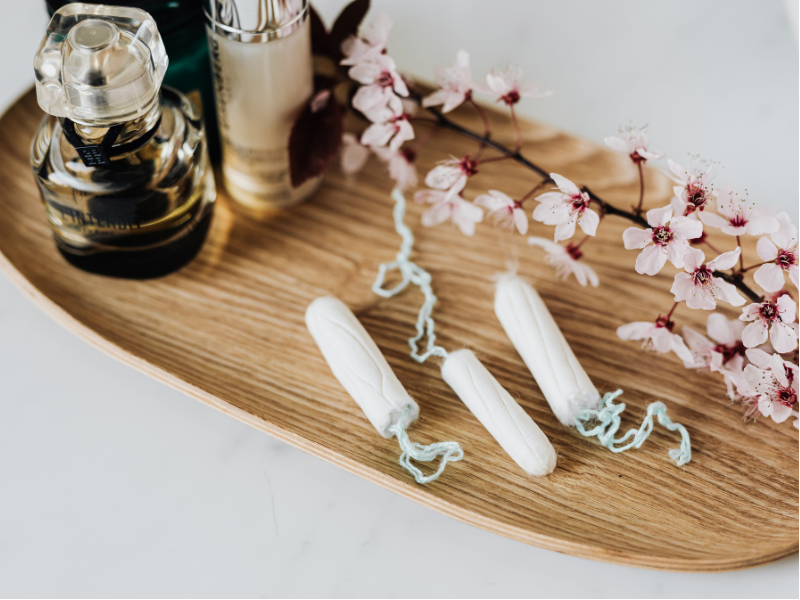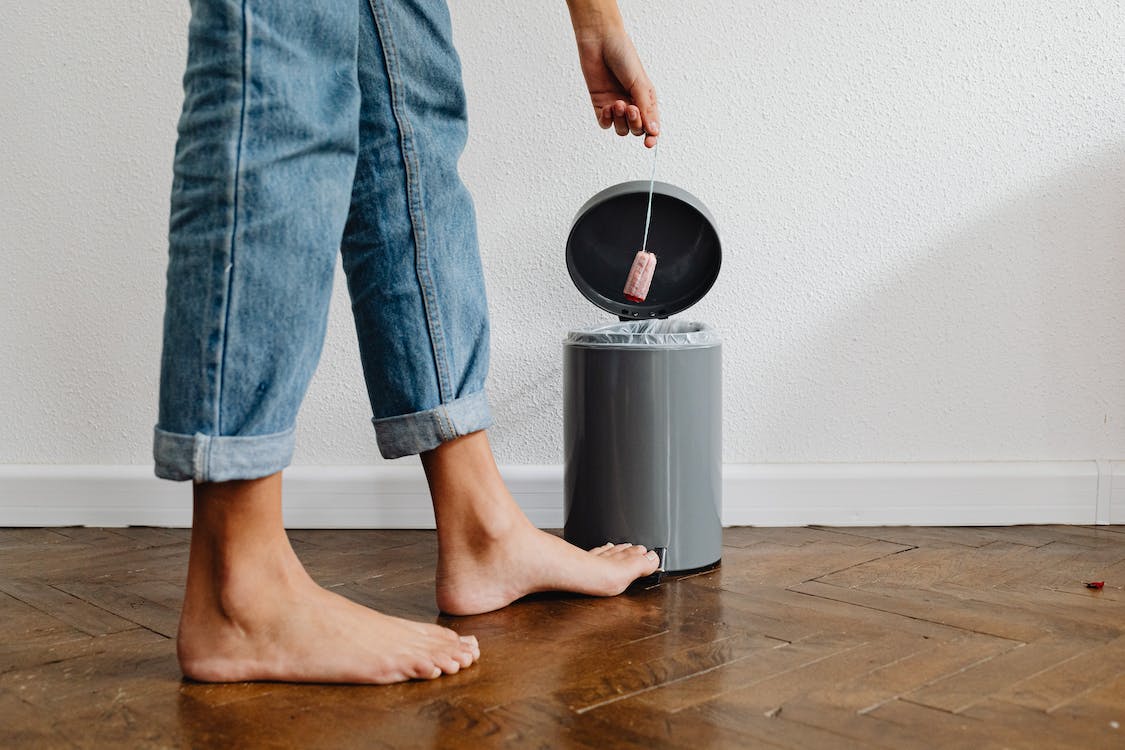Every year, millions of menstrual products end up in landfills, polluting the environment and causing harm to wildlife. Conventional pads, tampons, and liners are often made from plastic and synthetic materials, taking hundreds of years to decompose. As we become increasingly aware of the impact of our choices on the environment, more people are turning to sustainable alternatives. Natural pads made from organic cotton and biodegradable wrappers are a perfect solution to the waste problem created by conventional menstrual products.
In this article, we will discuss the benefits of natural pads and how they are paving the way for a greener future.
The Environmental Impact of Conventional Menstrual Products:
Conventional menstrual products have a significant impact on the environment. Most pads, tampons, and liners contain plastic and synthetic materials, taking hundreds of years to decompose in landfills. Additionally, the production process of these products consumes a lot of energy and water. In addition, the plastic wrappers and packaging of these products are often not recyclable, leading to more waste. By contrast, natural pads made from organic cotton and biodegradable wrappers have a much smaller environmental footprint.
The Benefits of Natural Pads:
Natural pads are made from organic cotton, which is grown without the use of pesticides or other harmful chemicals. This means that they are not only better for the environment, but also safer for your body. Additionally, natural pads are much more absorbent than conventional pads, meaning that you will need to change them less frequently. They are also less likely to cause irritation or allergic reactions, as they do not contain any synthetic fragrances or dyes. Natural pads are also available with biodegradable wrappers, reducing waste even further.
- Sustainable Manufacturing Processes:
The production of natural pads is often done in a more sustainable and ethical way than conventional menstrual products. Many natural pad companies use sustainable manufacturing processes, such as using renewable energy, reducing water usage, and recycling waste. Additionally, many natural pad companies prioritize ethical labor practices, ensuring that their workers are paid fair wages and work in safe conditions.
- Supporting Women's Health and Empowerment:
Using natural pads not only benefits the environment, but also supports women's health and empowerment. By choosing organic cotton, we support the farmers who grow it, often in developing countries. These farmers often face significant challenges, including low wages and exposure to harmful chemicals. By supporting natural pad companies that prioritize ethical and sustainable practices, we can help improve the lives of these farmers and their families. Additionally, many natural pad companies also donate a portion of their profits to support women's health and empowerment initiatives, furthering their impact.
Despite the benefits of natural pads, there is still a stigma surrounding menstruation and sustainable menstrual products. Many people are still hesitant to try natural pads, fearing they will be less effective or uncomfortable. However, with the increasing awareness of the impact of conventional menstrual products on the environment, more people are becoming interested in sustainable alternatives. Breaking the taboo and starting a conversation about menstrual health and sustainability is essential in creating a more sustainable future.
- Reduced Chemical Exposure:
Unlike conventional pads that often contain synthetic materials and chemical additives, natural pads are made with organic cotton that is free of pesticides, herbicides, and other harmful chemicals. This can be especially beneficial for individuals with sensitive skin or allergies.
- Improved Menstrual Health:
Natural pads may also offer health benefits compared to conventional pads. For example, some natural pads are designed to be more breathable and absorbent, reducing the risk of bacterial growth and odor.
Conclusion:
Natural pads made from organic cotton and biodegradable wrappers are a sustainable alternative to conventional menstrual products. They are better for the environment, safer for your body, and often produced in a more sustainable and ethical way. By choosing natural pads, we can support women's health and empowerment while reducing our impact on the environment. Let's break the taboo and start a conversation about sustainable menstrual products, paving the way for a greener future.
Find out more! Check out our other articles:
- Embrace Comfort and Sustainability with Organic Cotton Natural Pads
- Climate Change and Infertility


